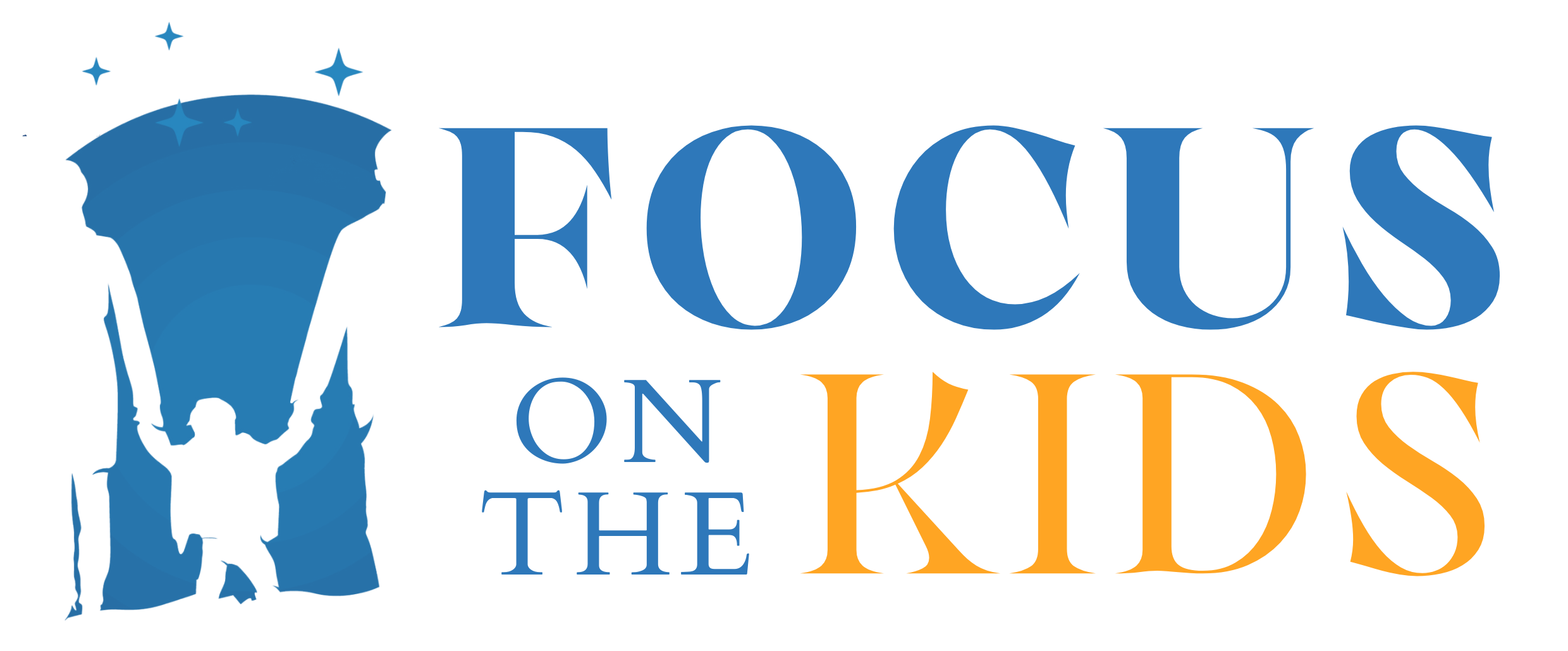Language development is an exciting milestone in every child’s life. Watching your toddler go from babbling to forming clear words and sentences is a remarkable journey. However, parents often wonder, “When will my toddler start talking clearly?” The answer isn’t the same for every child, as language development can vary widely. This article explores the typical timeline for toddlers’ speech development, factors that influence it, and how you can support your child’s language skills.
Typical Timeline for Speech Development
1. Early Babbling (0-12 Months)
Before toddlers can talk clearly, they first experiment with sounds. During the first year, babies coo, babble, and make noises to explore their vocal abilities.
- 4-6 Months: Babbling begins, often with repetitive sounds like “ba-ba” or “da-da.”
- 8-12 Months: Babies may say their first words, often simple ones like “mama” or “dada.”
2. First Words (12-18 Months)
By their first birthday, most toddlers start saying a few words. These words may not be pronounced perfectly, but they are consistent and meaningful to the child.
- Vocabulary: By 18 months, many toddlers know 10-20 words.
- Pronunciation: Words may sound unclear (e.g., “ba” for bottle or “wawa” for water).
3. Word Combinations (18-24 Months)
At around 18-24 months, toddlers begin combining words to form simple phrases like “want cookie” or “go park.”
- Vocabulary Growth: By age 2, most toddlers have a vocabulary of about 200-300 words.
- Clarity: Speech may still be unclear to unfamiliar listeners.
4. Clearer Speech (2-3 Years)
Between ages 2 and 3, toddlers’ speech becomes clearer, and they can form more complex sentences.
- 3 Years Old: Most children can be understood by familiar adults about 75% of the time. They can use sentences with 3-4 words and understand basic grammar.
- Clarity: Some sounds, like “r” or “th,” may still be difficult for toddlers to pronounce correctly.
5. Speech Maturity (4-5 Years)
By age 4-5, most children’s speech is clear enough for strangers to understand. They can hold conversations, tell stories, and use correct grammar.
Factors That Influence Talking Clearly
Every child develops at their own pace, and several factors can influence how quickly a toddler starts talking clearly.
1. Hearing Ability
Hearing is crucial for language development. If a toddler has hearing issues, it can delay their speech clarity. Regular hearing checks can identify and address any problems early.
2. Exposure to Language
The more a child is exposed to spoken language, the faster they’ll develop their own speech. Talking, reading, and singing to your toddler are excellent ways to encourage language growth.
3. Personality
Some children are naturally more talkative, while others may be shy or cautious about trying new words. This can affect when they start speaking clearly.
4. Developmental Milestones
Speech development is closely linked to other developmental milestones, such as cognitive and social skills. A delay in one area may impact language clarity.
5. Bilingualism
Bilingual toddlers may take slightly longer to develop clear speech in each language, but they usually catch up by the time they start school.
6. Speech and Language Disorders
In some cases, speech clarity may be delayed due to conditions like speech sound disorders, apraxia of speech, or developmental delays. Early intervention can make a big difference.
How to Support Your Toddler’s Speech Development
Parents play a crucial role in helping toddlers develop clear speech. Here are some practical tips to encourage language skills:
1. Talk to Your Toddler
Engage in regular conversations with your child, even if they can’t respond clearly yet. Describe what you’re doing, point out objects, and ask simple questions.
2. Read Aloud Daily
Reading books to your toddler helps expand their vocabulary and introduces them to the rhythm of language. Choose books with colorful pictures and repetitive phrases.
3. Sing Songs and Nursery Rhymes
Songs and rhymes are fun ways to teach language patterns and new words. Encourage your child to sing along.
4. Repeat and Expand
When your child says a word or phrase, repeat it back to them and expand on it. For example, if they say “ball,” you can say, “Yes, that’s a red ball!”
5. Limit Screen Time
Too much screen time can reduce opportunities for interaction and delay speech development. Instead, prioritize face-to-face communication.
6. Be Patient and Encouraging
Celebrate your toddler’s efforts to speak, even if their words aren’t clear. Avoid correcting them harshly, as this can discourage them.
7. Provide Opportunities for Social Interaction
Playing with other children helps toddlers practice language skills. Arrange playdates or attend parent-child classes to encourage social interaction.
When to Seek Professional Help
While variations in speech development are normal, some signs may indicate a need for professional evaluation:
- By 12 Months: No babbling or gestures like pointing.
- By 18 Months: No consistent words or difficulty understanding simple commands.
- By 2 Years: Vocabulary under 50 words or inability to combine words.
- By 3 Years: Speech is unclear to family members or lack of interest in communication.
If you notice any of these signs, consult a pediatrician or speech-language pathologist. Early intervention can help address any underlying issues and support your child’s development.
Frequently Asked Questions
1. Is it normal for toddlers to mispronounce words?
Yes, it’s common for toddlers to mispronounce words as they develop their speech skills. Most children improve as they grow older.
2. Does late talking mean a child will always struggle with speech?
Not necessarily. Many late talkers catch up with their peers by the time they enter school. Early support can make a significant difference.
3. Can screen time delay speech development?
Excessive screen time can limit opportunities for interaction, which may delay speech development. Balance screen use with face-to-face communication.
4. How can I tell if my toddler is a late talker or has a speech delay?
A late talker usually shows signs of catching up, while a speech delay may require professional intervention. Consult a pediatrician if you’re unsure.
Conclusion
The journey to clear speech is unique for every toddler. While most children begin talking clearly between the ages of 2 and 3, it’s important to remember that each child develops at their own pace. By understanding the typical milestones, recognizing factors that influence speech clarity, and providing a supportive environment, you can help your toddler build strong language skills.
If you ever have concerns about your child’s speech development, don’t hesitate to seek guidance from a professional. With patience and encouragement, your child will find their voice and communicate with confidence.
















